For Future Generations
Advantage through Sustainability
Customers seek it, regulators demand it—sustainability is becoming a relevant factor for the economy. The online activities of companies play a central role in this.
Even though the term “sustainability” has become somewhat diluted, the concept is more important than ever: Not only are customers paying more attention to environmental protection and the social compatibility of companies and their products, but companies, organisations, and authorities themselves are also realising that resources are finite and that sustainability should be an important goal in their own interest.
I support you in making your processes more sustainable. I utilise all the tools available to me as a web developer: conservative digitalisation, artificial intelligence, optimised websites, and a sustainable online strategy.
Sustainability – A Brief Definition
Sustainability is a multidimensional concept that focuses on meeting the needs of the present generations without compromising the ability of future generations to meet their own needs. It encompasses ecological, social, and economic aspects.
Thinking Holistically
Three Types of Sustainability
Sustainability is a comprehensive and complex topic. It can be helpful to break it down into individual aspects:
Aspect 1
Ecological Sustainability
This aspect relates to the protection and preservation of natural resources and ecosystems. The goal is to reduce environmental impacts, preserve biodiversity, react to climate change, and promote the use of renewable resources.
Through large solutions such as customised digitalisation, as well as smaller approaches like efficient and resource-saving coding, I help you operate more ecologically sustainably.
Aspect 2
Social Sustainability
This aspect focuses on creating fair, inclusive, and liveable societies. It includes issues such as access to education, healthcare, social justice, equality, and the promotion of communities.
Through training, I strengthen the digital participation of your employees, and through smart communication of your brand, I foster a sense of community, instil new motivation, and shape a sustainable corporate culture.
Aspect 3
Economic Sustainability
This aspect deals with long-term, stable economic development based on efficient resource use, innovation, fair trade practices, fair working conditions, and the promotion of sustainable growth.
Embracing the shift towards ecological and social sustainability will also have positive economic effects: through genuine savings as well as an authentic and appealing external image.
My Approach
Smart Sustainability
As a regionally rooted web developer, I care not only about the success of my clients but also about shaping a more sustainable digital future. I believe that sustainability is not just a goal but a commitment. Therefore, I actively strive to integrate sustainable practices into all aspects of my services.
- Long-term planning and sustainable online strategies
- Conservative digitalisation
- Consulting on resource-efficient service providers
- Sustainable programming through optimised code
- Reusable websites (headless design, themes, etc.)

Digital Solutions for Enhancing Sustainability
In the past, countless solutions have been developed that can make companies, organisations, and authorities more sustainable and efficient. Many of these concepts are based on the internet and associated digital solutions:
“Companies that implement comprehensive measures for sustainable IT record better ESG ratings (61 percent), higher customer satisfaction (56 percent) and realize tax advantages (44 percent).”
May 2021 Study by Capgemini [German]
Misunderstanding
Digital Does Not Automatically Mean Sustainable!
Digitalisation is not an end in itself, even though the inflationary use of this term suggests otherwise. In fact, digitalisation poses significant risks to the sustainability of a company:
- Due to the high energy consumption, which is often still covered by fossil sources, the ecological footprint of digital solutions is often larger than that of previous analogue operations. This is further exacerbated by very energy-intensive technologies such as AI and cryptocurrencies like Bitcoin, as well as increased consumption by users (e.g., through streaming). The savings in natural resources (e.g., wood or oil) often do not compare.
- The production of digital devices such as servers and computers is extremely resource and energy-intensive. Rare earths or other resources are often transported over long distances or extracted, mined, or processed under inhumane or environmentally harmful conditions.
How can companies address this? Forgoing digitalisation is not a solution. However, there are several actions that can be taken:
- Conservative Digitalisation: Only digitalise where it truly brings benefits. Retain what has proven effective and do not view digitalisation as an end in itself.
- Energy- and Resource-Saving Solutions: Smart controls, digitised logistics.
- Sustainable Programming and Development: Efficient code, only necessary dependencies, accessibility (e.g., usable on older hardware).
- Sustainability in Hardware: Green energy, efficient devices, waste heat utilisation, etc.
FAQ on Sustainability
What do companies gain from operating sustainably?
Sustainability is often associated with concrete savings, which also positively impact a company’s balance sheet. When authentically implemented and communicated, it serves as a genuine selling point. More and more consumers place a high value on sustainability and are willing to pay a little extra for it. Moreover, sustainability concerns our livelihoods and social fabric. Those who are not convinced by all of this may ultimately find that legal requirements for sustainability are becoming increasingly stringent.
But digitalisation is not sustainable—just look at the energy consumption!
That’s true; digitalisation is not inherently sustainable. Computers are expensive to manufacture, require rare and often inhumanely sourced raw materials, and consume electricity that often comes from fossil sources. However, when implemented wisely, digitalisation can also save resources and contribute to a sustainable world.
What role does the internet play in sustainability?
The internet offers many opportunities to save resources (e.g., through shared clouds), intelligently connect consumers (e.g., through smart logistics, ride-sharing, etc.), trace raw materials and products (e.g., via blockchain or Tangle technology), and deploy resources as needed (e.g., through smart sensors and controls), among other things. However, it is essential to think ahead and devise smart solutions. Not everything that is feasible is ultimately holistic and sustainable.
Sustainability Concerns Us All
Due to greenwashing and political distractions, the term sustainability has become somewhat diluted. However, it is more important than ever. An increasing number of consumers, as well as the general public and more companies, are placing value on sustainable products and services. I not only strive to operate authentically and sustainably, but I also provide companies with my solutions as an important key to greater sustainability and environmental protection.


